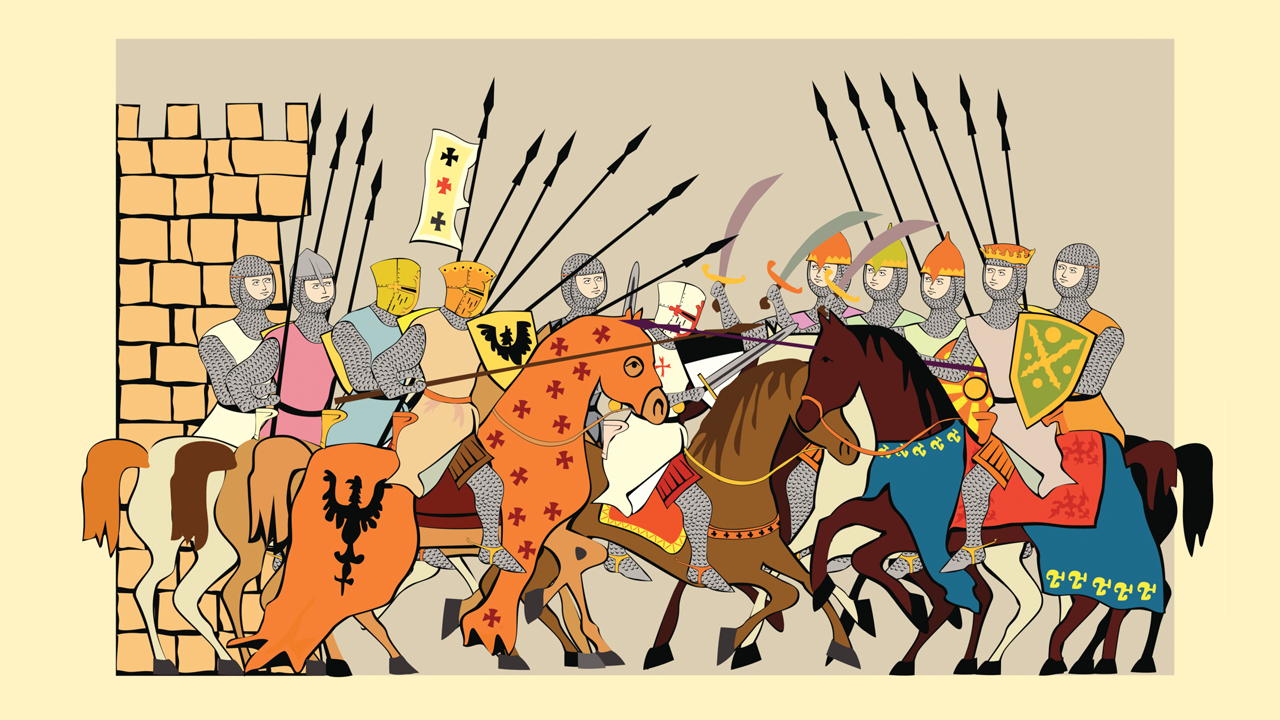The business of design consulting

Robert Fabricant, who moved from design consultancy Frog to development consultancy Dalberg, writes that the business of design consulting is undergoing mass extinction. In a long article for Wired he presents the history of design consulting in three phases (digital change agents, innovation consultants and venture design) and says that we have now arrived in a fourth phase: one of mass extinction due to corporate takeover:
“Big corporations began to see UX as a critical corporate asset, not something to outsource to a third party design firm, who could end up working for your competitors the following year.” […]
“No one has been more aggressive in building design into their core capabilities than IBM, which is on track to grow their design team to 1,000 people, making them by most measures the largest design firm in the world. According to one friend they had 50 designers start the same week this summer. There are rumors that IBM offered a job to every single CMU grad this year in the interaction design program.”
Despite all this “in-sourcing”, independent design business remains essential for two reasons:
“The first answer comes back to YOU: the user and consumer. Design has had an outsized impact on your life in recent years, because designers are deeply committed to advocating for user needs / wants / desires in the face of corporate inertia. This gets much harder to do when designers are on the inside.
More importantly, design is increasingly critical to addressing issues that sit outside a single corporate mandate or organizational footprint.”
John Rousseau, executive director at design consultancy Artefact, disagrees.
“Our industry is certainly evolving, as it always has to address changes in business, technology and culture. Even as the pace of change has accelerated, the argument that consulting is in decline seems somewhat myopic — even for Silicon Valley. This line of thought places too much importance on the unique challenges of one geography (SF) and one sector (tech), assumes that design is easy to integrate within organizations at scale, and confuses the singular discipline of UX with design as a much broader, hybrid practice. Most of all, it underestimates the role that consulting plays and the business value it generates relative to cost.”
Our own recent business experience at Experientia very much confirms what Rousseau writes.



